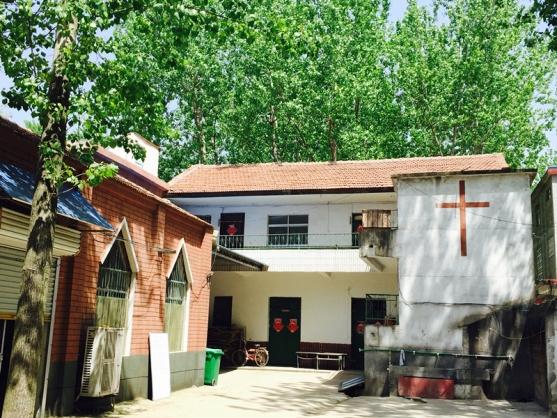A few days ago, during my summer vacation, I visited a relative in my hometown and was surprised to discover that over the past two years, she had become a well-known new witch in the village.
This relative is a distant cousin of mine, and her father was a local government official. After growing up, she married into a prosperous family in a nearby village. Although her husband is involved in business, it hasn't been going well in recent years.
I don't know how she became a witch. This year, when I visited her during my vacation, I learned that she had become a renowned mystic in the region.
Because we're relatives, she provided us with a free service. My parents' primary concern was my younger brother's marriage, as he's now forty years old and still single. My cousin used her algorithms to determine the right time, direction, and age for a suitable match for my brother. She also analyzed the feng shui (a traditional Chinese practice) of our home, suggesting what needed to be changed or removed. These conversations were all too familiar to me from my childhood, as I had heard them from various fortune tellers.
During our casual conversation, I learned that the most common questions people come to her with are about marriage, health, and their future destinies, with marriage being the most prevalent.
Marriage has become the most pressing and stressful issue in rural areas. Nowadays, young people are scarce, as most of them move to the cities to work. Those who get married usually have homes in the county towns for their children's education, and they rarely return to the village. In the countryside, you hardly see any young people. Furthermore, there's a severe gender imbalance, leaving many unmarried men in rural areas. The cost of marriage is rising. They should prepare a house in the county town, a house in the village, a car, and the bride price, all of which can amount to around six to seven hundred thousand yuan.
Faced with this marriage pressure, parents who are at a loss and young men who bear the burden of this pressure have no choice but to place their hopes on mysterious forces. My eldest sister has been visiting mystics and fortune tellers since my son turned twenty-one, and every year, the witch’s answer is always "next year." The designated future partner's direction keeps changing, but my sister still believes in their mystical predictions. Even though she's a devout Christian and a member of the church's choir, she doesn't believe that consulting mystics contradicts her faith.
In recent years, the poor economic situation has affected the rural economy and income, particularly inpacting families burdened with debt due to marriage. The economic uncertainty intensifies their desire for certainty, contributing to the resurge of mysterious folk religions in rural areas.
In the current religious landscape, Christianity does not have a competitive advantage over folk religions. Christianity categorizes the mysticism of folk religions as evil spirits and rejects them. Christian doctrine also lacks content about predicting the future, so it cannot provide the certainty that people under pressure seek, as folk religions can. However, due to the less-than-ideal economic situation, the charismatic movement has started to gain some traction.
The revival of the Pentecostal movement often aligns with the prosperity of folk religions. In the 1980s, there was significant economic pressure in rural areas, with eldercare, education, and illness becoming the three major challenges for rural families. During this period, the witchcraft market in rural areas thrived. In my childhood, a village of seven hundred people had seven or eight practitioners of folk religions. At the same time, the Pentecostal and longevity sects within Christianity were popular.
However, this situation may pose a challenge to Christians, who need to figure out how to use the doctrine to comfort and guide those in distress in this environment and help them feel that God is caring for them.
- Translated by Abigail Wu












